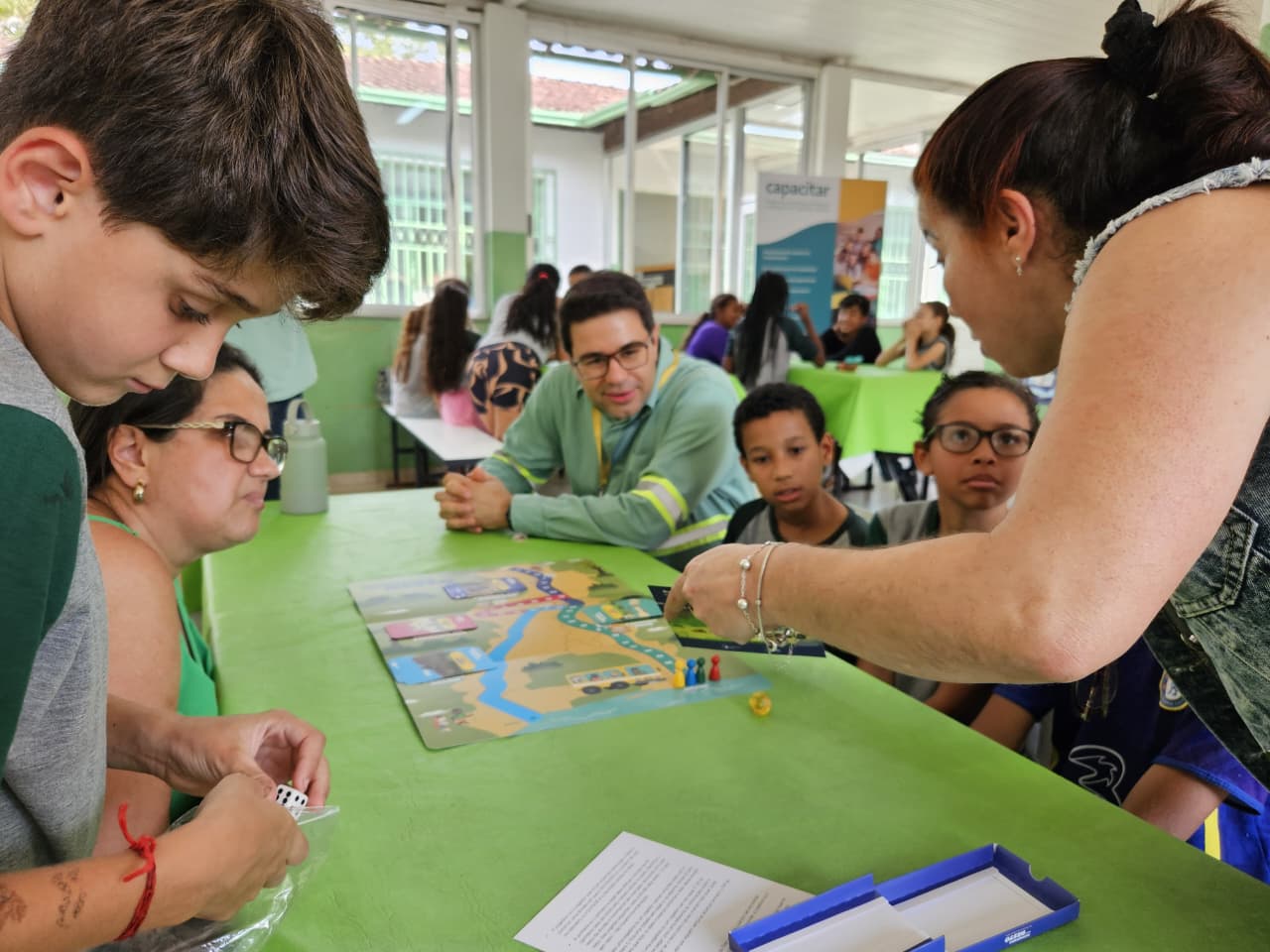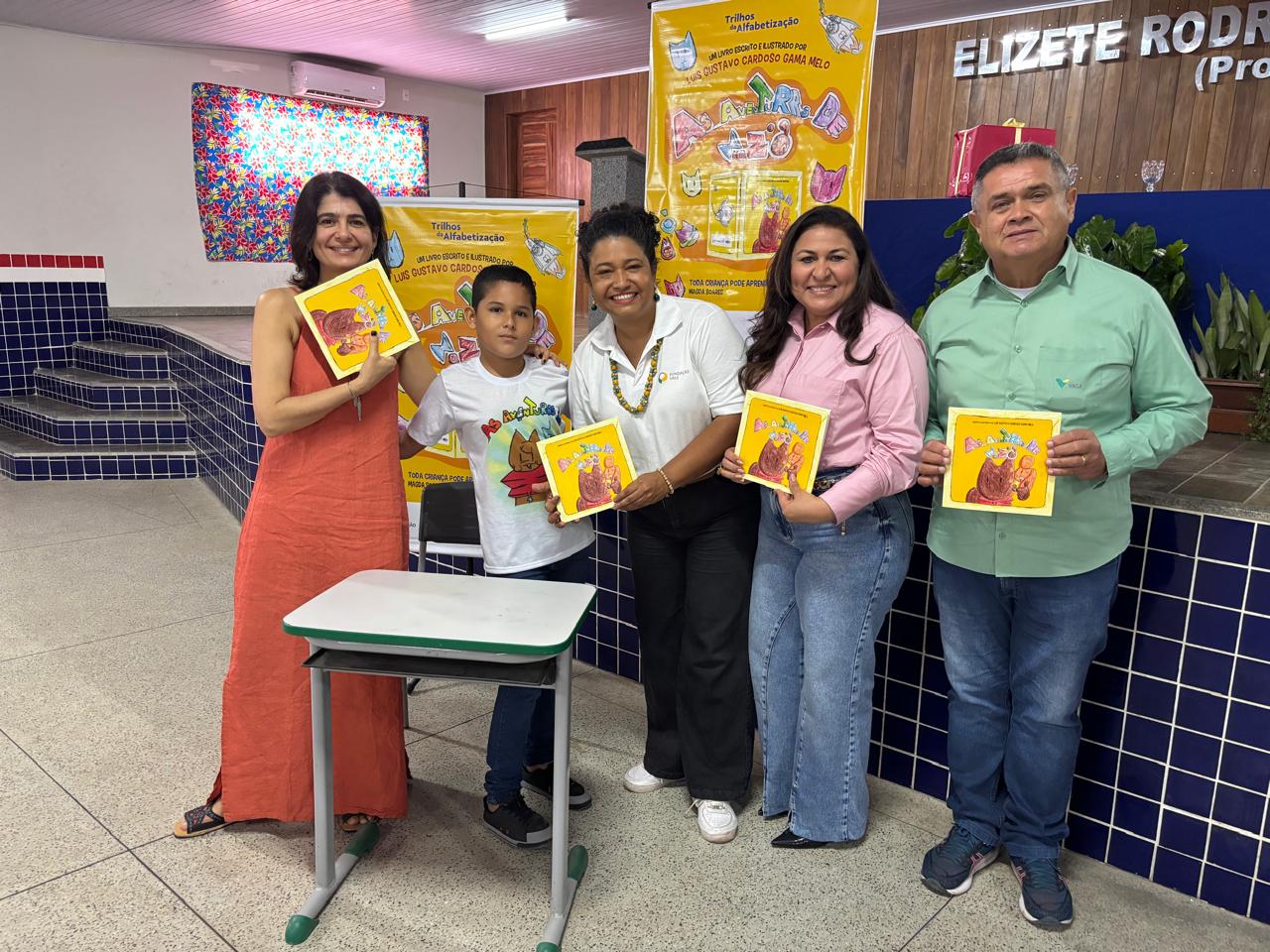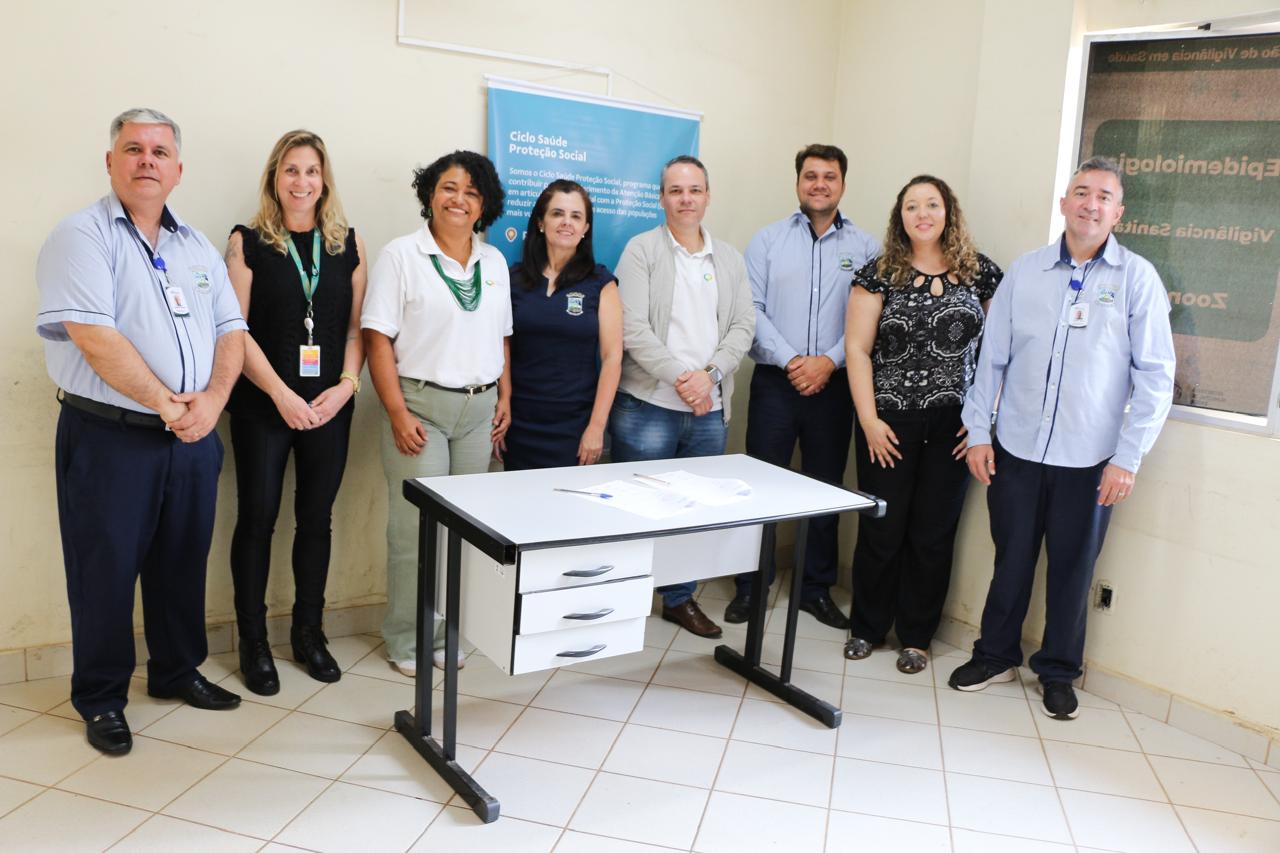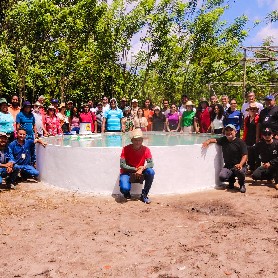“For an Anti-Racist Education” pedagogical notebook is released in Pará

On April 24, the pedagogical notebook entitled “For an Anti-Racist Education” was launched in Marabá, as part of the Literacy Trails project, an initiative of the Vale Foundation that seeks to contribute to quality literacy. The material will be distributed to more than a thousand educators from the public network of eight municipalities in the southeast of Pará, with the objective of providing an effective tool to combat racism and promote the appreciation of Afro-Brazilian history and culture.
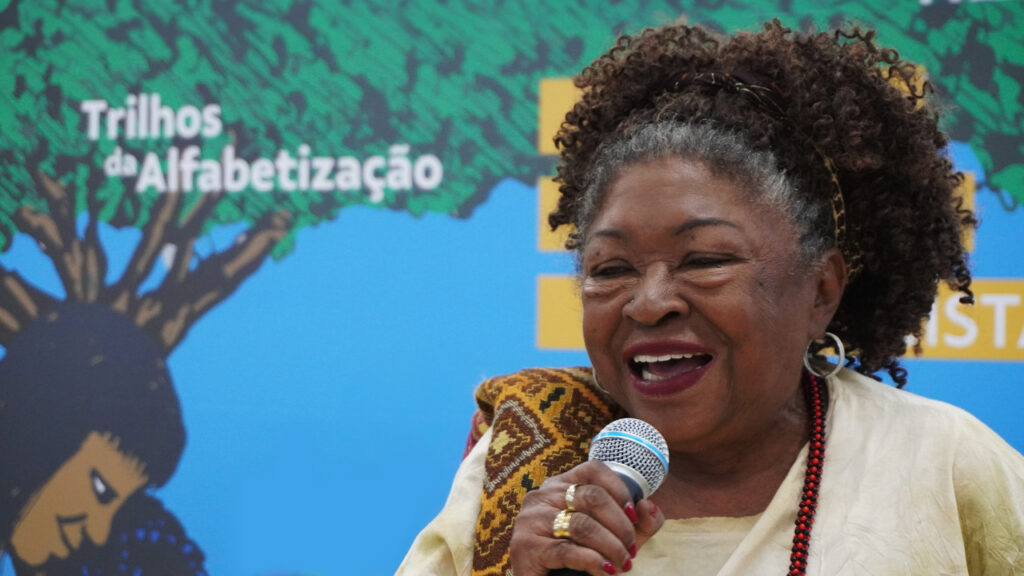
With a population in which 79.64% of people declare themselves black (black or brown), Pará has the highest percentage among the states of the North region and the second largest in Brazil, only behind Bahia, according to the 2022 Census, by the Brazilian Institute of Geography and Statistics (IBGE). In this sense, the pedagogical notebook seeks to include relevant themes for the formation of a representative and anti-racist education from the first years of teaching.
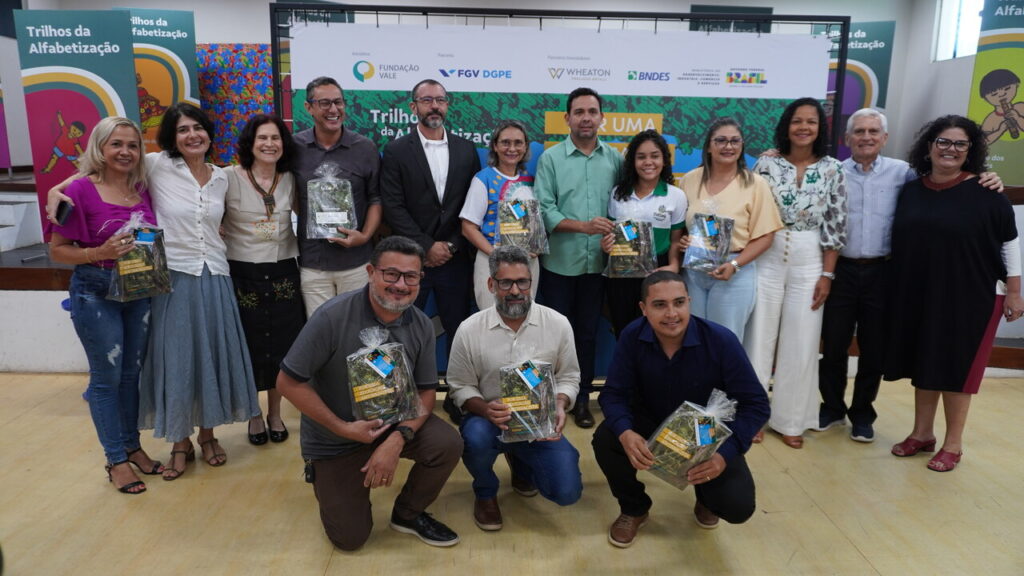
The notebook was launched during the seminar “For an Anti-Racist Education”, held in the auditorium of the Federal University of Southern and Southeastern Pará (Unifesspa), in Marabá. The event brought together researchers, teachers and representatives of the city halls and departments of education of the municipalities of Marabá, Parauapebas, Bom Jesus do Tocantins, Canaã dos Carajás, Curionópolis, Eldorado dos Carajás, Ourilândia do Norte and Tucumã.
During the seminar, Monica Lima, a professor at the Federal University of Rio de Janeiro (UFRJ), highlighted the importance of an anti-racist education from childhood as a way to deconstruct racism. According to her, the classroom is the first battlefield in this fight.
The pedagogical notebook addresses several topics, including the history of racism and black children in schools, as well as concepts such as structural racism and colorism. It also presents ways to value Afro-Brazilian knowledge in different disciplines, through narratives that allow black children to identify and feel represented.
Renato Noguera, a professor at UFRJ and involved in the design and supervision of the material, emphasized the power of narratives to transform behaviors and the way people see themselves. He pointed out that geometry and much of mathematical knowledge originated in Africa, more specifically in Ancient Egypt, and that this narrative is important to qualify debates in schools and value knowledge and cultures.
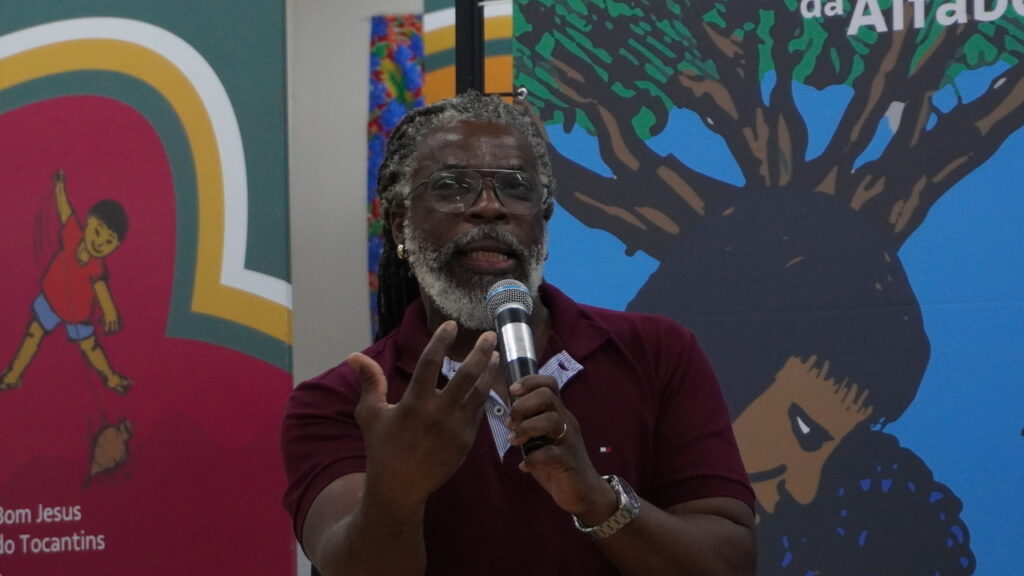
In addition to the pedagogical notebook, the Literacy Trails project includes the continuing education of teachers from the 1st to the 3rd year of Elementary School in the public schools of the participating municipalities, besides the elaboration and donation of complementary didactic materials and pedagogical games, with the objective of making learning more interesting, fun and effective.
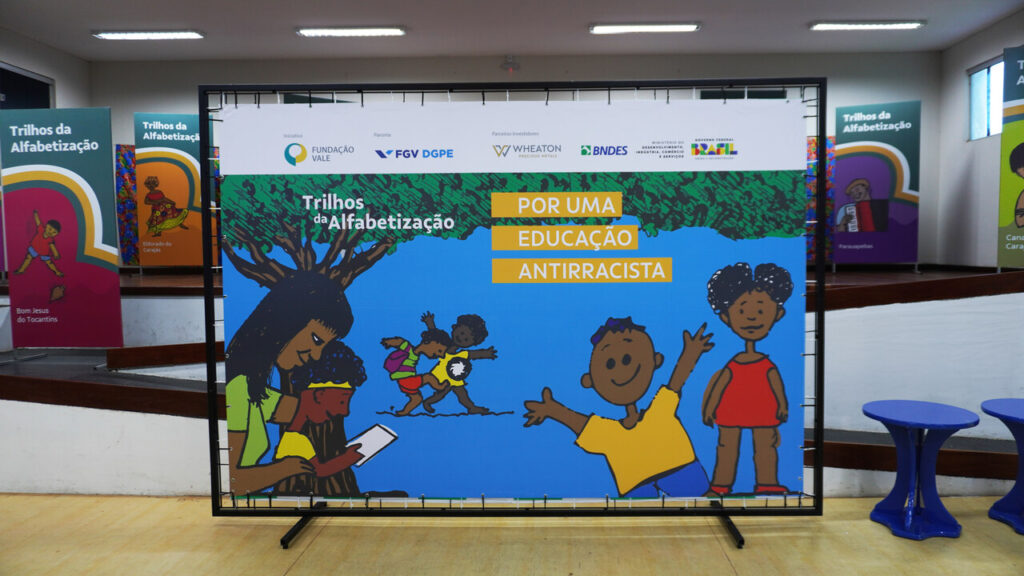
The initiative began in 2022, in Pará, in partnership with the Getúlio Vargas Foundation (FGV) and the city halls of the eight municipalities involved and has complementary investments by Wheaton Precious and BNDES through the Social and Environmental Fund. The goal is to strengthen public policies that improve the literacy process and favor learning indicators in the participating municipalities.


